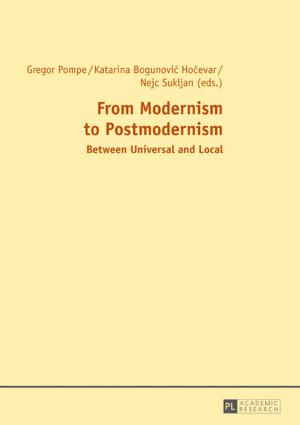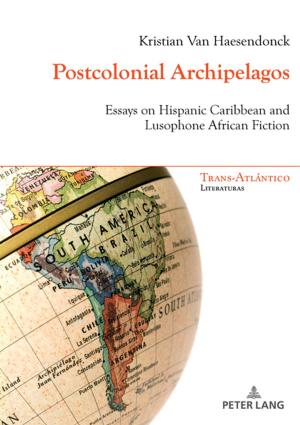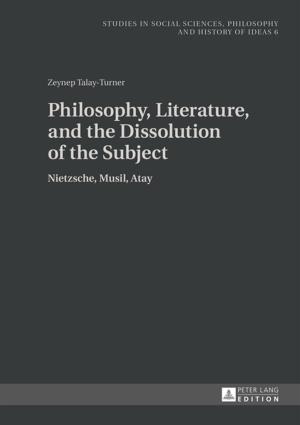The Philosophy of Edith Stein
From Phenomenology to Metaphysics
Nonfiction, Religion & Spirituality, Philosophy, Metaphysics, Christianity| Author: | Mette Lebech | ISBN: | 9783035397109 |
| Publisher: | Peter Lang | Publication: | April 20, 2015 |
| Imprint: | Peter Lang AG, Internationaler Verlag der Wissenschaften | Language: | English |
| Author: | Mette Lebech |
| ISBN: | 9783035397109 |
| Publisher: | Peter Lang |
| Publication: | April 20, 2015 |
| Imprint: | Peter Lang AG, Internationaler Verlag der Wissenschaften |
| Language: | English |
Many interested reader will have put aside a work by Edith Stein due to its seeming inaccessibility, with the awareness that there was something important there for a future occasion. This collection of essays attempts to provide an idea of what this important something might be and give a key to the reading of Stein’s various works. It is divided into two parts reflecting Stein’s development. The first part, «Phenomenology», deals with those features of Stein’s work that set it apart from that of other phenomenologists, notably Husserl. The second part is entitled «Metaphysics», although Stein the phenomenologist would, like Husserl, initially have shied away from this designation. However, as Stein gradually understood the importance of the Christian faith for completing the phenomenological project of founding the sciences, and accepted it as indispensable for a philosophical view of the whole, her «attempt at an ascent to the meaning of being» can legitimately be called metaphysics, even as it also constitutes a fundamental criticism of Aristotle and Aquinas.
Many interested reader will have put aside a work by Edith Stein due to its seeming inaccessibility, with the awareness that there was something important there for a future occasion. This collection of essays attempts to provide an idea of what this important something might be and give a key to the reading of Stein’s various works. It is divided into two parts reflecting Stein’s development. The first part, «Phenomenology», deals with those features of Stein’s work that set it apart from that of other phenomenologists, notably Husserl. The second part is entitled «Metaphysics», although Stein the phenomenologist would, like Husserl, initially have shied away from this designation. However, as Stein gradually understood the importance of the Christian faith for completing the phenomenological project of founding the sciences, and accepted it as indispensable for a philosophical view of the whole, her «attempt at an ascent to the meaning of being» can legitimately be called metaphysics, even as it also constitutes a fundamental criticism of Aristotle and Aquinas.















